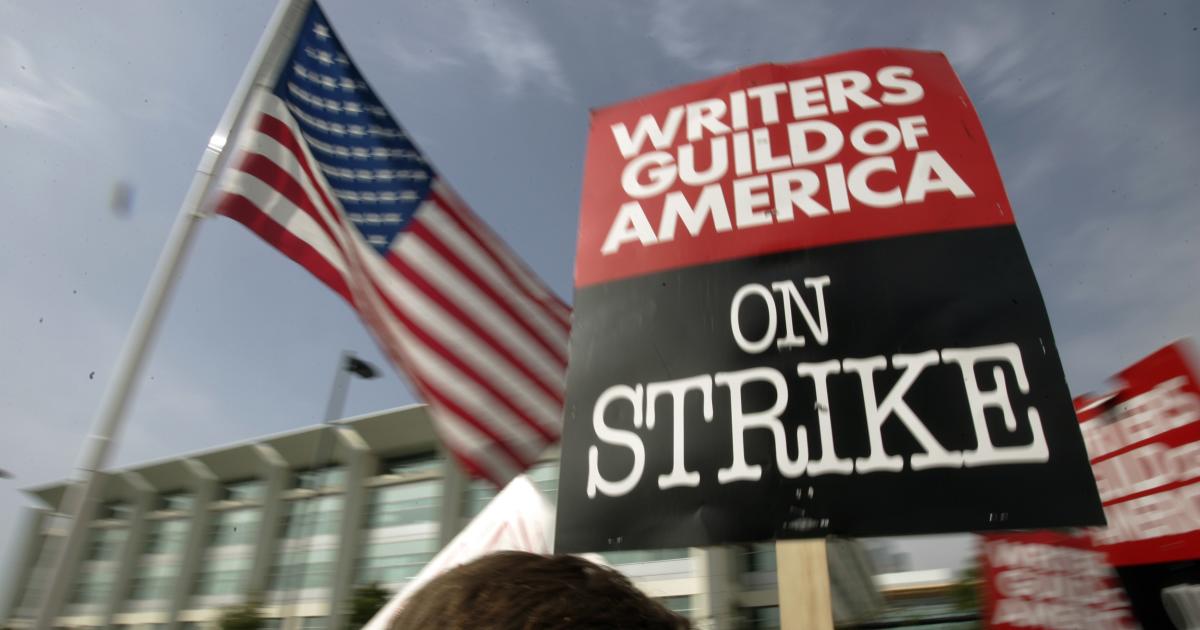
The Writers Guild of America (WGA) has called for a strike starting today largely over streaming productions, saying that studios are effectively creating a “gig economy” within the union. On the other side of the table, the Alliance of Motion Picture and Television Producers (AMPTP) said the WGA was “unwilling” to compromise on key issues like mandatory staffing.
“The Board of Directors of the @WGAwest and the Council of the @WGAeast, acting upon the authority granted to them by their memberships, have voted unanimously to call a strike, effective 12:01 AM, Tuesday, May 2,” the WGA wrote in a tweet. “The decision was made following six weeks of negotiating with @Netflix, @Apple, @ Disney, @wbd, @NBCUniversal, @Paramountplus and @Sony under the umbrella of the AMPTP.”
The Board of Directors of the @WGAwest and the Council of the @WGAeast, acting upon the authority granted to them by their memberships, have voted unanimously to call a strike, effective 12:01 AM, Tuesday, May 2.
— Writers Guild of America West (@WGAWest) May 2, 2023
The effects of the breakdown in negotiations will be felt immediately, with talk shows like The Late Show with Stephen Colbert and Jimmy Kimmel Live! set to shut down starting today. The strike will also freeze film and TV production, affecting hubs like Los Angeles, New York and Atlanta. The labor situation has already delayed the start of some programming, FilmLA president Paul Audley told Variety. The last writers’ strike started in November 2007 and lasted 100 days.
Both sides have said they’re willing to continue negotiations, but appear to be far apart on some issues. The “primary sticking points” according to the AMPTP, are the guild’s demand for a TV staffing minimum ranging from six to 12 writers per show, along with a guaranteed minimum number of weeks of employment per season (10 to 52 weeks). The studios rejected both proposals and didn’t make counter-offers.
Other issues (laid out in a WGA document) include a demand for streaming residuals that take into account the success of shows. The WGA also wanted increases in minimums of up to 6 percent, and the AMPTP offered 4 percent at most. The guild also wants regulation of AI, proposing that it “can’t write or rewrite literary material” or be used as source material. The AMPTP only agreed to study the AI issue, according to the WGA.
There were some areas of agreement, like guaranteed minimums for writers who earn less than a certain amount, and script fees for staff writers. However, both sides are dug in for what could be a long dispute. “The companies have broken this business,” guild leadership said last night, calling the problem an “existential crisis writers are facing.”
Meanwhile, the AMPTP said it was “prepared to improve [compensation and residuals], but was unwilling to do so because of the magnitude of other proposals still on the table that the guild continues to insist upon.”

